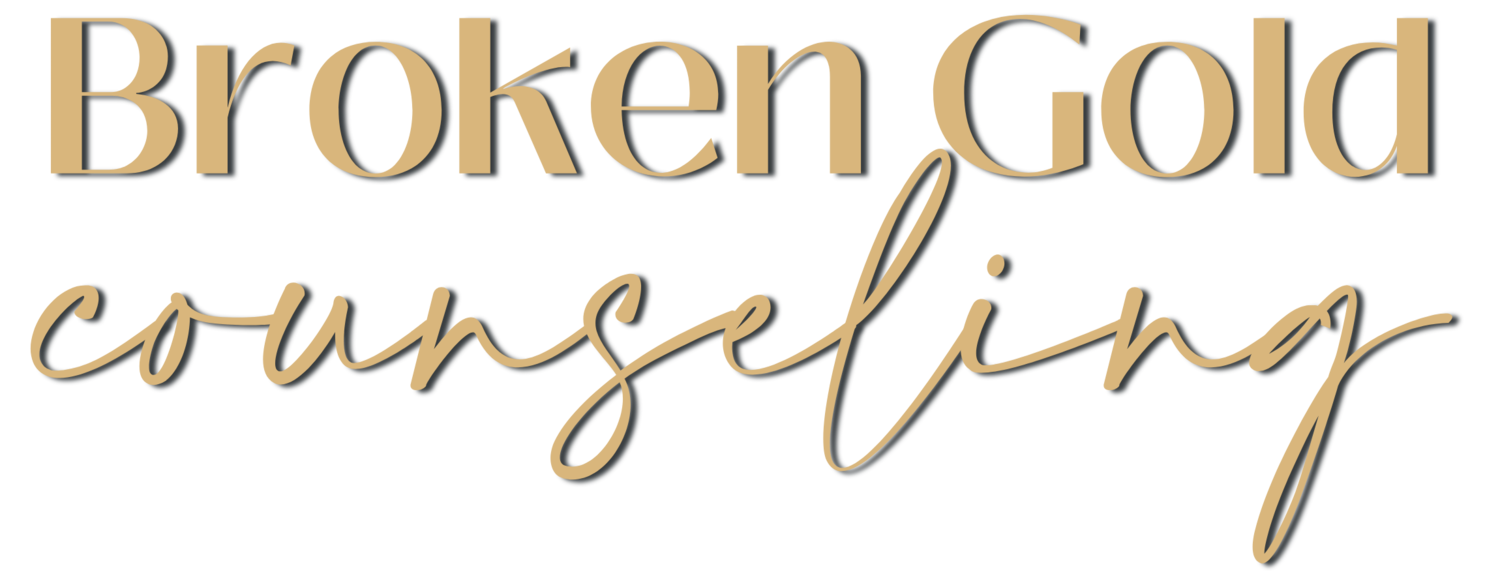Dialectical Behavior Therapy (DBT)
Dialectical Behavior Therapy, or DBT, is a form of cognitive-behavioral therapy designed to help people manage intense emotions, improve relationships, and build healthier coping skills. Originally developed by Dr. Marsha Linehan to treat borderline personality disorder, DBT has since expanded to address a wide range of mental health issues, including depression, anxiety, PTSD, and eating disorders. The “dialectical” part of DBT refers to its focus on balancing opposites—in particular, the acceptance of oneself as they are and the motivation to change behaviors that are unhelpful or harmful.
DBT focuses on four main skill areas: Mindfulness, Distress Tolerance, Emotional Regulation, and Interpersonal Effectiveness. Mindfulness helps individuals become more aware of their thoughts and feelings, fostering a non-judgmental approach to their experiences. Distress tolerance skills aid in managing crisis situations, while emotional regulation teaches strategies for identifying and modulating emotions. Finally, interpersonal effectiveness focuses on building healthy relationships and setting boundaries.
What makes DBT unique is its structured approach, often delivered through a combination of individual therapy, skills training groups, and ongoing support outside of sessions. This comprehensive model allows clients to practice new skills and receive feedback in real-time, creating a supportive and adaptive environment for growth. DBT’s emphasis on acceptance and change can be incredibly empowering, helping individuals build resilience, develop self-compassion, and ultimately, find a more balanced approach to life’s challenges.
COMPREHENSIVE or INFORMED
DBT is a modified type of CBT. Its main goals are to teach people how to live in the moment, develop healthy ways to cope with stress, regulate their emotions, and improve their relationships with others.
Comprehensive: This program involves the full treatment of DBT, and usually takes from six months to a full year to complete.
Informed: This program includes a DBT-informed treatment plan that doesn’t include all the components of comprehensive DBT but may still help an individual build a better life.

